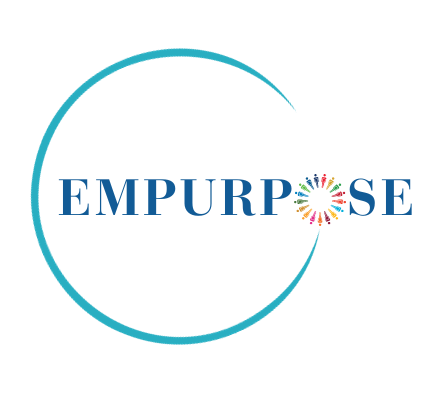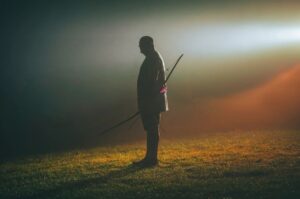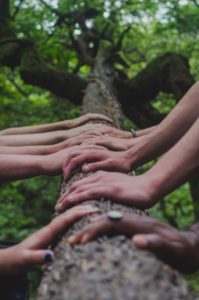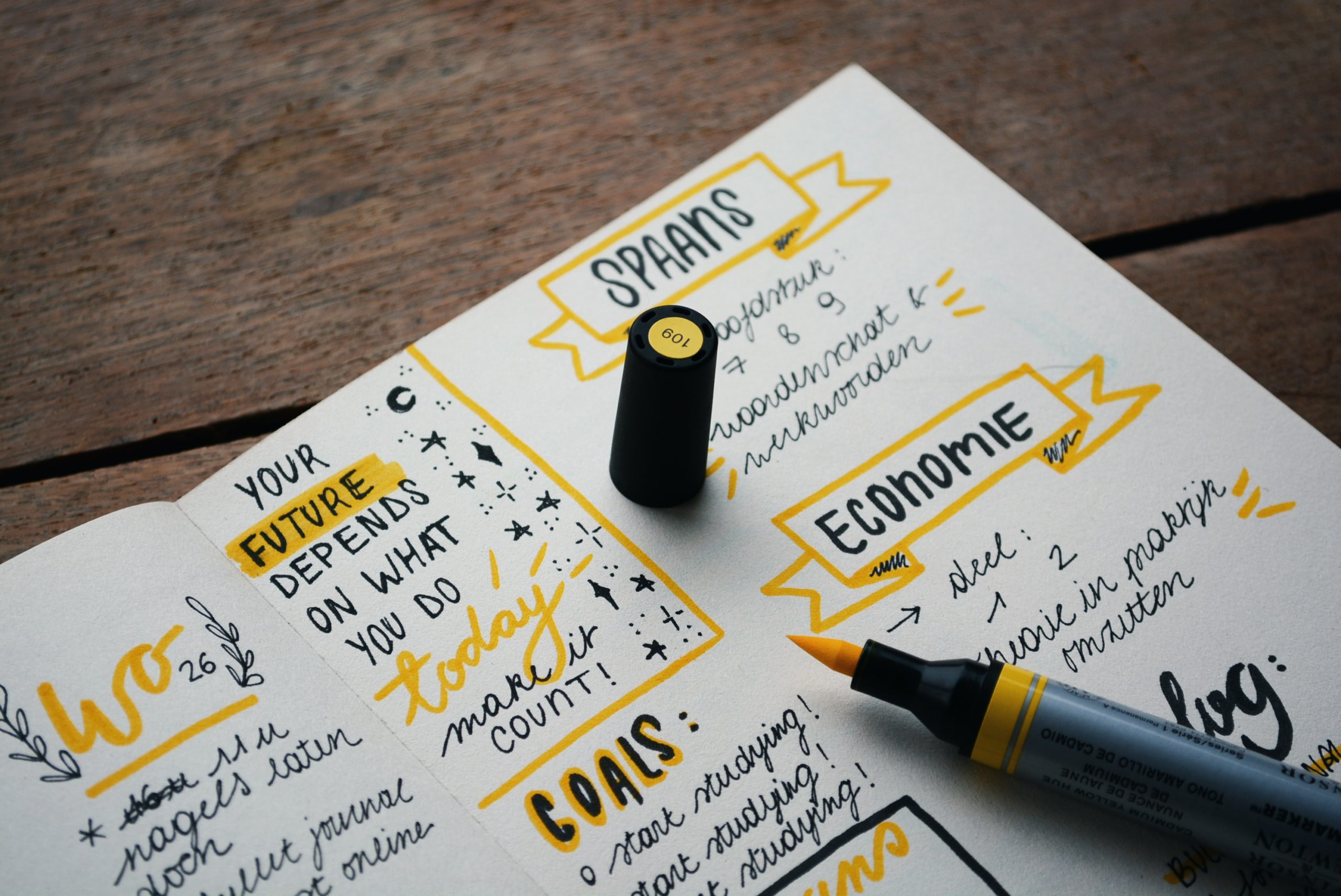Easy Choices, Hard Life. Hard Choices, Easy Life.
As the year comes to a close, I find myself reflecting on the past and planning for the future. Each year, I dedicate a few days to redoing the Flower exercise, comparing it to the previous year’s version. It’s a way for me to gauge personal growth. It would unsettle me to see a flower that’s the same as last year – I consider it a sign that I didn’t pick enough diversity of interests, skills, and environments to immerse myself in.
Two years ago, writing wasn’t a favorite skill of mine. Yet, I learned to love it, envisioning it now as a significant part of my future. Values have shifted as well, not so much in the core, but rather in priorities and how they are expressed, thanks to many meaningful lessons and encounters that challenged the single story I had been told.
However, I want to do something different this year – starting with a promise. This came up in a conversation I had around anti-racism and decolonization, yet I feel it applies to almost any aspect in life: “Easy choices, hard life. Hard choices, easy life.”
Naval Ravikant, in his book The Almanack of Naval Ravikant, articulates this beautifully: “If you have two choices to make, and they’re relatively equal choices, take the path more difficult and more painful in the short term.” Our brains often lead us to opt for the comfortable, the path of least short-term pain. However, as Ravikant notes, the more challenging path often leads to long-term gains.
Initiating change is inherently uncomfortable. We could have stayed home, warm, enjoying good food and shows, instead of attending a two-hour workout session. It’s easier to remain in the current role, surrounded by familiar tasks, people, and a consistent paycheck even though it no longer serves our growth. Comfort is found in eating junk food or consuming products without caring about their origin or how workers were treated. And it’s easier to read gloomy news about the impact of climate change and do nothing than to change our eating habits, consumption patterns, and stand up for what we believe in.
A friend once brought up this interesting quote from Denial by Ajit Varki & Danny Brower:
The awareness of our own mortality could have caused anxieties that resulted in our avoiding the risks of competing to procreate—an evolutionary dead-end. Humans, therefore, needed to evolve a mechanism for overcoming this hurdle: the denial of reality. As a consequence of this evolutionary quirk, we now deny any aspects of reality that are not to our liking—we smoke cigarettes, eat unhealthy foods, and avoid exercise, knowing these habits are a prescription for an early death.
Denial by Ajit Varki & Danny Brower Tweet
So, when we consistently choose easy options, are we in denial?
What are your thoughts? Next week, I’ll share some tools for year-end reflection. Until then, take care and stay warm.



